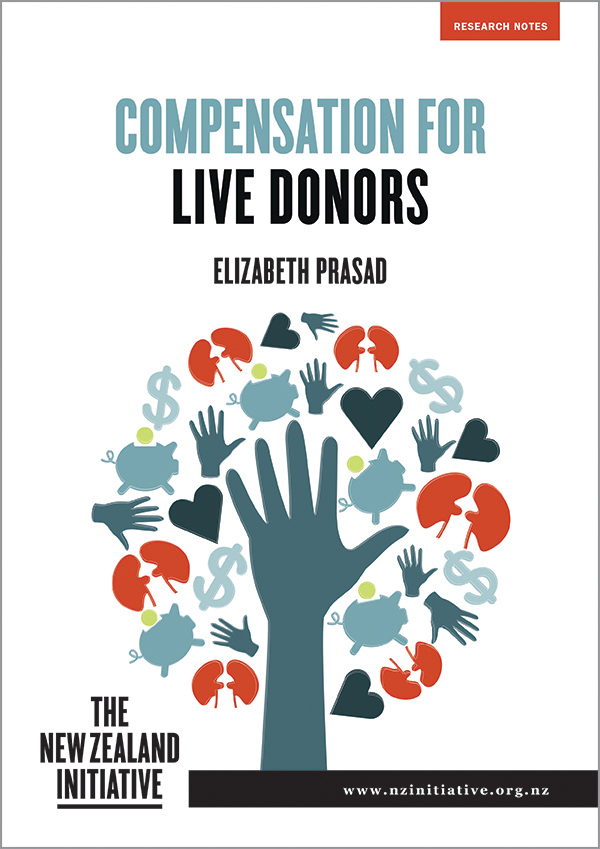Improving compensation for live organ donors is a rare opportunity to save and improve lives, whilst also saving the government money over the longer term.
Elizabeth Prasad demonstrates that every kidney transplant provides recipients with longer and better lives, while being much cheaper than dialysis. The typical transplant saves the government, on net, over $120,000 while improving the recipient’s quality of life.
However, many potential donors cannot afford time off work to assist a loved one. Currently, financial support for donors ranges from $140 to $350 per week for 12 weeks, depending on the donor’s age and marital status. The average weekly wage in 2014 was $991.
Compensating donors even at the average wage would save the government over a hundred thousand dollars for every new transplant. It would also allow those who currently cannot afford to take the time off work to make that gift to a loved one in need.
The report also discusses the priority system in operation in Israel. There, live organ donors have the assurance that, should they ever need a transplant, they will not be at the back of the queue.
Elizabeth Prasad began her research on the economics of organ donation as an Honours student in Economics at the University of Canterbury and built on it as her Master’s thesis under the supervision of Professor Bob Reed and Dr Eric Crampton.




